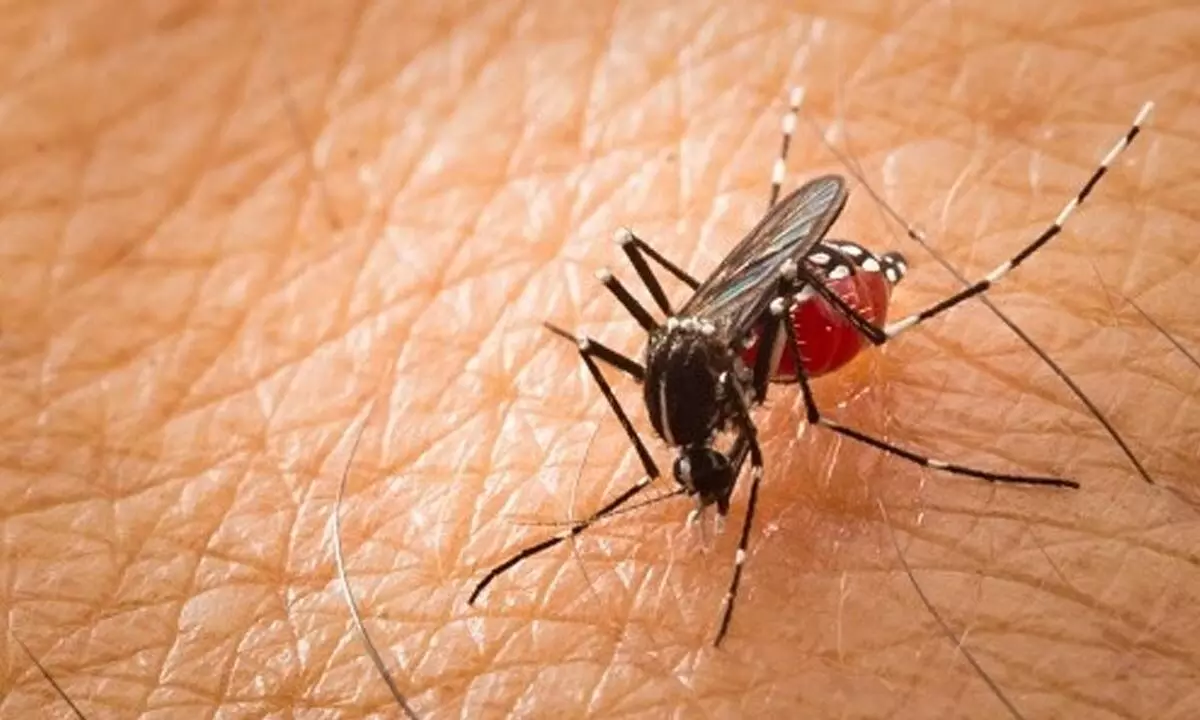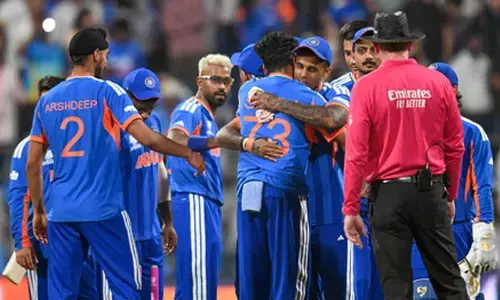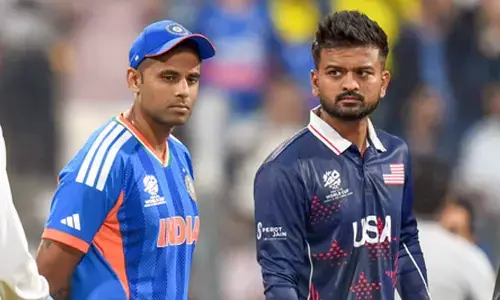Vector-bound infections are down in the state

But Bengaluru city perches on a massive outbreak
Bengaluru: Cities across the globe particularly in Asia have had a harrowing experience in control of vector-bound infections right from the post-World war II period. So far many cities had to impose a ‘Malaria passport’ in Karnataka Mangaluru was one of the cities. Medical fraternities in Mangaluru and Dakshina Kannada district have created several malaria control model that have become forerunners in malaria control not just in Karnataka but also pan India.
The recent spurt in the number of vector-bound infections in Bengaluru city is worrying the scientists at the National Institute of Malaria Research (NIMR) which is an integral part of the Indian Institute of Science in the city. The City is showing dangerous trends in the eastern parts mainly Mahadevapura, Bommanahalli and adjoining areas that have registered many hundred cases already and now due to the changed pattern of monsoons with sporadic showers the situation is ripe for further growth. According to BBMP health department experts in just one ward of the East Bengaluru over 250 cases of dengue have been reported officially, the unofficial cases might be even bigger.
Former director of the NIMR and Fellow of the National Academy of Medical Sciences Dr. SK Ghosh “Malaria or any other vector bound infections are more a social problem than medical, It is established now by the medical science through entomological research that mosquitoes are potent carriers of infections and they breed in fresh waters, which is also the reason why the number of cases of vector bound infections grow in numbers during monsoons and a month after monsoons. It is also prudent management that Malaria control could be effectively done by destroying the mosquito breeding places, old vessels that hold water, old discarded tyres, flower pots coconut shells or anything that can fresh water. This exercise can be taken by landscape surveillance by the people in the ward with the help of BBMP health officials” Dr. Ghosh told Hans India.
The research papers of National Institute of Malaria Research at Bangalore (formerly Karnataka State Malaria Research Centre) indicate that Malaria or any other vector bound infections cannot be controlled by chemicals and drugs it has to be controlled biologically by cutting off the breeding and destroying breeding areas. In his report to the Mangalore City Corporation, District Health department and Malaria nodal officer he has stated that there has to be a `social vaccine’ against malaria. The social Vaccine he told should be the ability of the general public to identify the mosquito breeding areas and take remedial action with or without the help of the City Corporation Dr. Ghosh points out..
Board of advisors for the Mangaluru model of vector control for the Mangalore Malaria Control and Health Committee Dr. B.S. Kakkilaya and Dr.Shantaram Baliga Malaria parasite has the great ability to escape human defenses - the immune system and can survive within the host for years without harming him, but spreading through the mosquito. Compare this with the HIV that causes AIDS and Mycobacterium tuberculosis, the bacteria causing Tuberculosis or TB. These organisms too have a similar ability and no wonder then that these three infectious diseases are now posing the greatest threat to human health and survival. And this is one reason why a vaccine against malaria may not be as effective, say as the ones against polio, small pox etc, diseases that have no vectors and induce strong immune response.
Mosquitoes are ubiquitous and more adapted than humans are, being on this planet at least 40 times as long as humans. Breeding profusely in stagnant water, made available in plenty around human habitations, the mosquitoes are difficult to control once they develop wings and start flying. It was therefore better to control them at the larvae stage advisors points out.
But how far the BBMP health department and the ward committees can effectively use the scientific findings is the matter that has to be discussed at the government level(eom)















